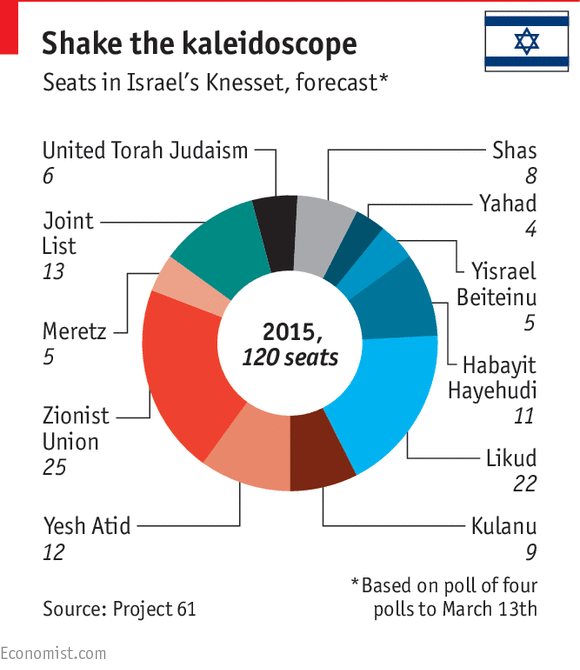Title: The Complex Tapestry of Early-State Israel’s Political Landscape
In the nascent days of Israel, a period marked by both exhilaration and existential dread, the internal political dynamics were as complex and varied as the landscape of the region itself. The founding figures of Israel, visionaries in their own right, were embroiled in a cauldron of conflicting ideologies that ranged from fervent socialism to staunch right-wing nationalism. This ideological diversity among its architects played a pivotal role in shaping the state’s early political environment.
At first glance, it might seem paradoxical that a state could emerge from such profound divisions. Yet, understanding this phenomenon requires delving into the nuanced interplay between these divergent beliefs and the unifying threat posed by external adversaries. It was within this crucible that Israel’s foundational policies and institutions were forged.
The socialist ethos predominantly influenced early-state policies, reflecting in kibbutzim (collective communities) and labor movements championing egalitarian principles. Figures like David Ben-Gurion espoused socialist ideals while navigating the treacherous waters of international diplomacy to garner support for Israel’s establishment. On the other end of the spectrum stood individuals like Menachem Begin, whose right-leaning ideology emphasized Jewish sovereignty and territorial maximalism.
Despite these ideological rifts, there was an underlying consensus on certain existential matters—most notably, on defending against external threats which loomed large over Israel’s nascent statehood. This shared sense of purpose facilitated compromises that would have seemed unlikely purely based on ideological positions.
However, it wasn’t just external threats that catalyzed unity among disparate groups; internal plots and skirmishes also underscored the fragility of this fledgling state. Incidents such as Altalena Affair revealed deep-seated tensions within Israeli society about the direction in which it was heading.
Yet remarkably, amidst all these challenges—both internal and external—the foundation laid during those formative years has endured. It is testament to a collective resilience among Israelis to forge a common identity while accommodating diverse perspectives within its democratic framework.
This historical overview signifies more than just an account of past events; it offers insight into contemporary Israeli politics where echoes of those early divisions are still discernible today. Understanding this context is crucial not only for comprehending current political debates but also for envisioning future trajectories for Israeli society.
As we reflect on Israel’s journey since its establishment, it becomes evident that its strength lies not despite its diversity but because of it—a lesson much needed in today’s increasingly polarized world.

Leave a Reply